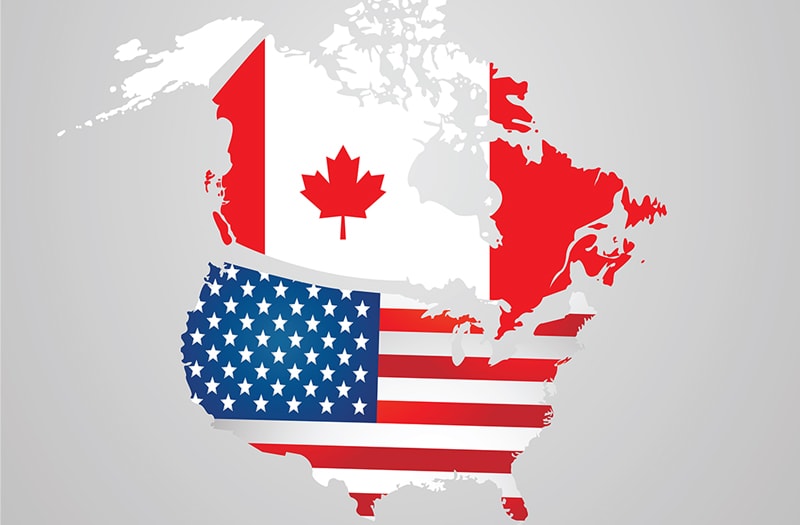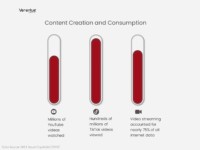Canada Considering Drastic Measures That Could Impact U.S.

Canada is contemplating severe actions to respond to President-elect Donald Trump’s commitments if he follows through with substantial tariffs on its northern neighbour.
That includes cutting off its energy supply to the U.S. Following a meeting with provincial and territorial premiers on Wednesday, outgoing Canadian Prime Minister Justin Trudeau said that “everything is on the table,” Politico noted.
However, the leader of the province of Alberta, Danielle Smith, chose not to include her name on a joint statement that sought to show a united front against Trump’s incoming economic attacks.
“Federal government officials continue to publicly and privately float the idea of cutting off energy supply to the U.S. and imposing export tariffs on Alberta energy and other products to the United States,” the leader of the oil-heavy province said on X.
“Until these threats cease, Alberta will not be able to fully support the federal government’s plan in dealing with the threatened tariffs,” she added.
Canada provides approximately 60% of the crude oil the U.S. imports, establishing itself as the country’s top energy supplier. A disruption in this supply could significantly increase gas prices across the Midwest and throughout the U.S.
As of 2020, government statistics indicate that Canada provided 98% of the United States’ natural gas imports and 93% of its electricity imports. Additionally, Canada accounted for 28% of the uranium purchased by the U.S.
The president-elect has issued a litany of threats against the Canadians, including attempting to incorporate it into the U.S. and make it the “51st state.”
He has also suggested placing 25% tariffs on Canada if it doesn’t reduce the flow of fentanyl and illegal immigration coming across the U.S. northern border. However, Trudeau has noted that fewer than 1 per cent of illicit crossings and seizures of fentanyl have taken place at the border with Canada.
Nonetheless, the Liberal government has proposed a C$1.3 billion plan to enhance border security while discussions continue between Canada and the incoming Trump administration, which begins on Monday.
However, leaders of the provinces that produce the most oil in Western Canada have warned that there may be a unity crisis if the government uses the oil to strike back at the tariffs, worsening a regional divide between the West and the capital of Ottawa.
ALSO READ: Canada’s Trudeau Resigns as Prime Minister, Liberal Party leader.
Smith and the premier of Saskatchewan, Scott Moe, are pushing Trudeau to call for a general election to hand the next prime minister a mandate to negotiate with Trump. Trudeau announced his resignation earlier this month, but he’s staying until a new leader has been selected.
The Liberal Party is in the middle of a leadership race to replace Trudeau, which has allowed some premiers to step into the limelight during the tariff talks. Smith visited Mar-a-Lago last week, saying that she spoke to Trump twice. The Trudeau government accused her of selling out Canada’s interests, while Smith warned that Canadian tariffs were on the way.
Other premiers are calling for unity, such as Ontario’s Doug Ford, who appeared at the meeting on Wednesday in a cap in the style of MAGA hats, with the message “Canada is not for sale.”
“He’s going to try to devastate our country,” Ford said, according to Politico. “He’s gonna try to divide our country, and we cannot have division in our country.”
“I see energy as Canada’s queen in this game of chess,” Newfoundland and Labrador Premier Andrew Furey added.
In an op-ed for The Hill, Quebec Premier François Legault wrote, “if President-elect Donald Trump carries out his threat and imposes a 25% cent tariff on all Canadian exports, it would hurt the Canadian economy. But it would also hurt the American economy, many of its businesses and especially ordinary Americans by causing a new inflationary surge.”
On Wednesday, the Trudeau government told Canadians that they must prepare for what the negotiations may bring. The shared statement noted that if Ottawa pushes back, it’s set to use any new revenue to aid Canadian workers and businesses. They also agreed to boost spending on defence, go ahead with energy projects, and increase border security.






